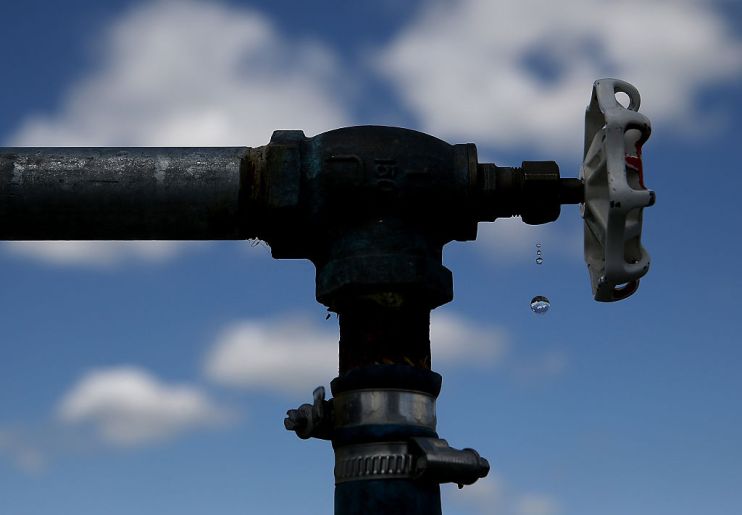Water firms in line for ‘worst credit decline since privatisation’ after Ofwat ruling

The water industry could suffer the steepest fall in credit quality in three decades, after regulator Ofwat next week publishes its final financial demands for the industry over the next five years, according to Moody’s.
Ofwat is likely to cut allowed cash returns by about one-third, the largest reduction ever, and set targets that leave most firms in the lurch if they cannot improve performance and cost.
Read more: Water giants on collision course with Ofwat ahead of crunch ruling
The regulator stunned the industry in July, when it rejected all but three leading suppliers’ business plans for 2020-2025, in a bid to clean up their act.
Ofwat demanded water companies pay their debts faster, become more efficient and treat customers better. It is due to publish its final ruling on Monday.
An Ofwat spokesperson said this morning: “This price review was designed to be demanding and stretching, and that is what we will be delivering – a new era for the water sector which allows water companies to overhaul services, strengthen infrastructure and improve our natural environment, whilst keeping bills low.”
Moody’s said this morning that the regulator’s draft plans would have given companies £1.8bn less than they said they needed to fund ongoing costs.
The could incur a further £1.4bn of operational penalties if they can not outperform their business plans.
“Gaps are likely to remain significant in the final determinations,” the ratings agency said, adding that credit quality would likely deteriorate at its worst rate since privatisation in the late 1980s.
Moody’s said if the final demands do not change significantly, appeals to the competition watchdog will mean the price review will extend into late 2020. However, reductions in water bills – and in companies’ cash flows – will still take effect from April.
Read more: Thames Water unveils £1bn tech investment in bid to boost efficiency
“Water companies will try to reduce or defer expenditure and focus their efforts on avoiding operational penalties, but lower cash flow will make further deleveraging difficult without equity injections,” the ratings agency warned.
“Companies may also turn to derivatives to avoid distribution lock-ups in the period, weakening the position of senior creditors.”